The Top Nutrition Scams To Watch Out For
With the pressures to be slim and the desire to be healthy, individuals may become victim to the marketing strategies of the multi-billion dollar weight loss industry. For example, Americans spend over forty billion dollars per year on weight loss pills, workout regimes, and supplements. The desperation to make big changes with the expectation of these miracle solutions actually working is what these companies feed on. Whether it’s late night infomercials, ads in a magazine, or celebrity endorsements, individuals are given countless options to make themselves look better. Many of these promises sound too good to be true, and this is because they are. Here are the main nutrition scams to watch out for right now.
Garcinia Cambogia

Garcinia cambogia, derived from a citrus fruit from South Asia, contains hydroxycitric acid, an organic acid. The theory behind garcinia cambogia and weight loss is the high 'sour' content of the fruit will make the individual's stomach feel much fuller faster so they won’t eat as much. However, there is insufficient research proving this effect.
Garcinia cambogia advocates claim these supplements can reduce fat, give individuals more energy during workouts, and influence fat metabolism, though none of these have been proven in legitimate testing. Garcinia cambogia can, however, result in nausea and diarrhea.
Next, find out what nutrient is supposedly healthy for us.
Chromium
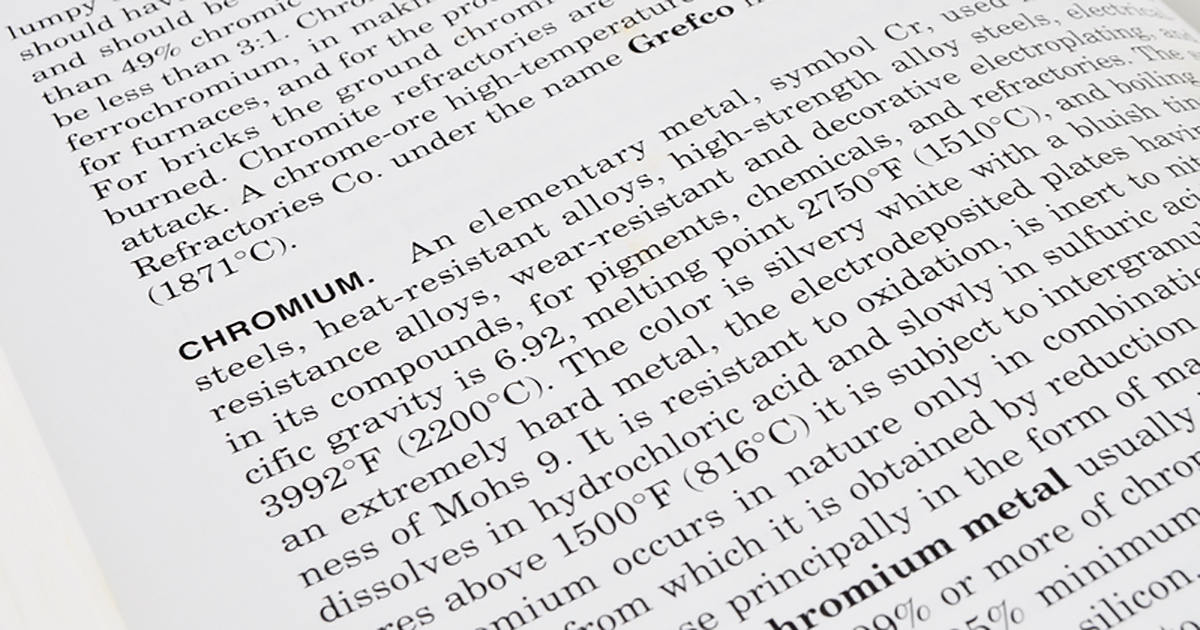
Chromium is said to improve the composition of an individual's body and promote weight loss. The study has been backed only once, with other studies finding no evidence of these claims. Individuals are also at risk when they take chromium as one form is toxic. Trivalent is a type of chromium the body needs. It’s considered safe in small doses. Hexavalent is another form of chromium that may be found in supplements, but it can cause stomach upset, ulcers, kidney and liver diseases, and in the worst case scenario, death.
Next, discover what fruit might not be as healthy as once believed.
Concentrated Orange Peel

Extracts from orange peels are being used in health products with lofty claims, including the ability to increase an individual's metabolism. They are also marketed as a healthy alternative to ephedrine. However, there is no evidence to support them as having any nutritional health value or weight loss advantage. Concentrated orange peels can damage an individual's health by causing hypertension or cardiovascular toxicity. There is also the possibility they can interact with certain medications, as other ingredients that have stimulants combined with orange peel extract can cause heart disease or glaucoma.
Keep reading to uncover how this stress aid is not as helpful as previously thought.
Cortisol Control

Cortisol is also known as the stress hormone. The claim of cortisol control aids is that if an individual's cortisol is managed and at a lower level, they’ll be healthier. Essentially, individuals won’t be as inclined to eat certain comfort foods or eat during or after stressful situations. Cortisol control claims when individuals have a calm demeanor, they’ll make healthier food choices and burn calories more efficiently instead. The theory believes our cortisol levels can be a major factor for weight gain and helps form poor eating habits, but there is no scientific evidence supporting this.
Continue reading to reveal how protein supplements are another nutritional scam.
Protein Supplements
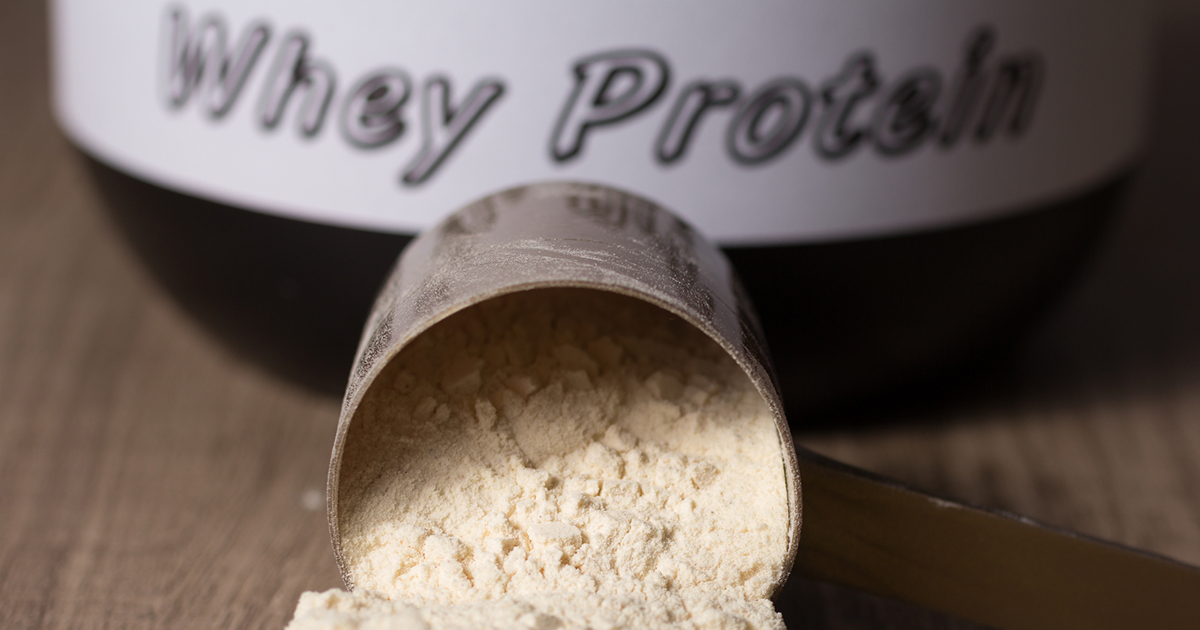
Individuals need protein in order to build, repair, and maintain their body, including their skin, muscles, organs, and blood. Protein also assists in hormonal balance, as it ensures the body functions optimally. Individuals are protected from disease and virus when their body functions well in all of these areas. Protein is a great way to stay fuller for longer and gives individuals energy and brain power.
While individuals typically won't experience harmful effects due to protein supplements, they are actually not necessary for proper function, and it is possible for individuals to get the body they desire without them. The reality is these supplements don't provide individuals with more fiber than an apple or more brain power than an egg. It’s also a lazy way to get protein, often with unnecessary fillers. Eating natural foods with protein will always be a better way to go than a protein supplement.
Discover a type of 'health' injection that qualifies for this list next.
HCG Injections
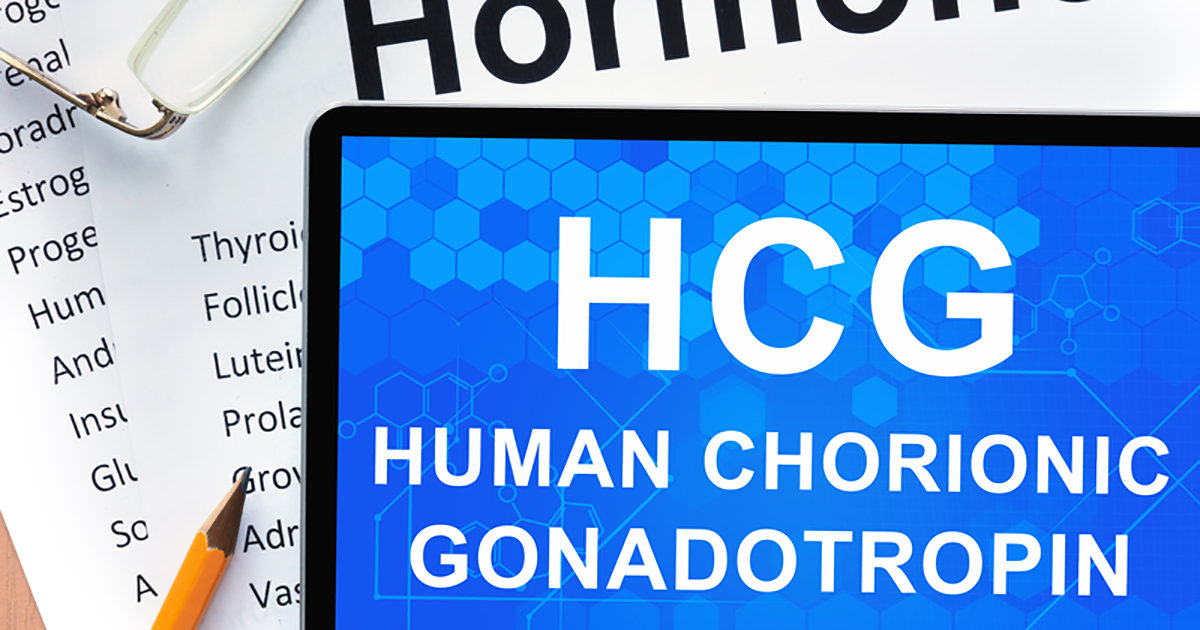
An HCG injection is a natural hormone that was traditionally developed to help women get pregnant. With the combination of HCG and a daily five hundred-calorie diet, it is said individuals can reset their metabolism. They are legal to take whether it is in tablet, shot, or drop form because they have a use in the health industry.
They are not, however, FDA-approved for a diet or other health plan at this time. The strict diet that typically goes along with these injections is said to be the main reason for successful weight loss. Furthermore, severely restricted eating actually does more harm than good to the body. HCG has as much of an effect on boosting an individual's metabolism or losing weight as placebo weight loss, therefore, it is not as effective as many individuals struggling with their weight may hope.
Continue reading to learn how a smoothie or healthy shakes are not as good as many believe now.
Healthy Shakes

Healthy shakes often come in a powdered form and are said to incorporate the necessary daily intake of nutrients from fruits, vegetable, nuts, and seeds. However, they are costly and unnecessary, as it is not difficult to get the proper nutrients needed for optimal health from real food. For example, in one powder there are four grams of fiber, which is less than an apple, and they are not a meal replacement as most powdered shakes are only about 150 calories per serving. Individuals should eat a minimum of three hundred calories per meal as part of a healthy diet and lifestyle.
Individuals must always check the labels of any prepackaged smoothies or shakes, and ensure there are no more than fifteen grams of carbohydrates per serving, with one serving of fruit. There should be plenty of vegetables. For the healthiest smoothies or shakes, individuals should try making them at home rather than grabbing one on the go. The base of a smoothie should be water (as it is the healthiest option). Next, they should choose a serving of fruit. Berries are especially great as they are low in carbohydrates. Individuals may also want to pack a few nutrient dense veggies in there, such as spinach, and thicken the smoothie with avocado, plain Greek yogurt, or a banana.
Next, find out what bread may not be as healthy for the heart as we once believed.
Multigrain Bread
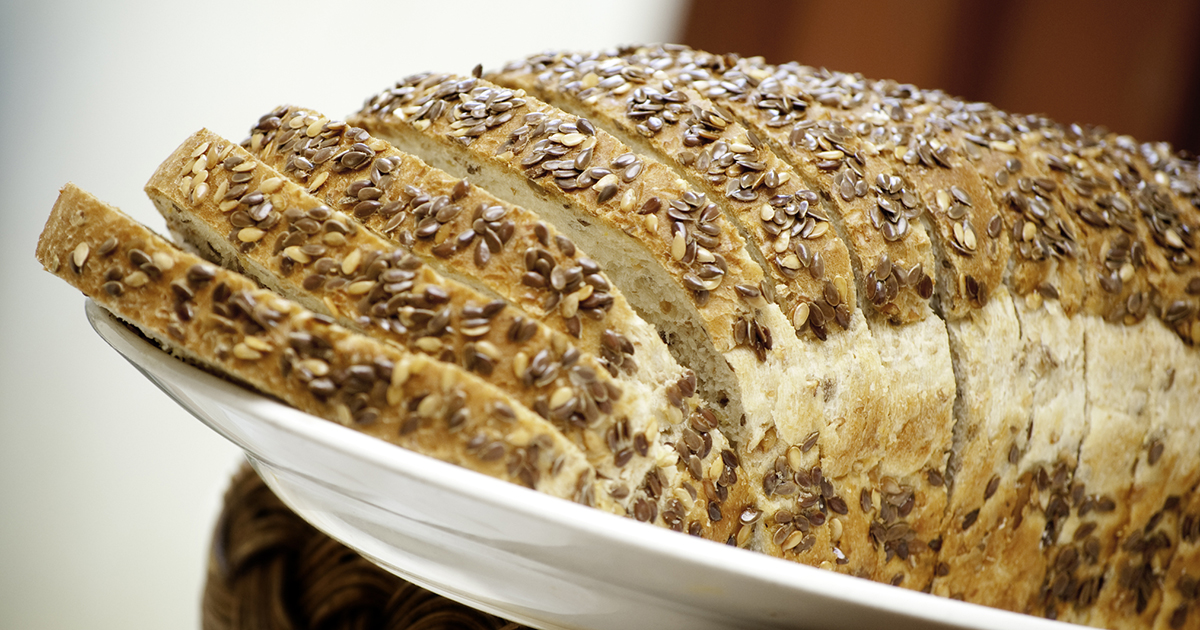
Bread is a staple in many households around the world. Rather than reaching for white bread, which is heavily bleached and full of added sugars, many of us believe we are making the 'healthiest' decision by eating multigrain bread. However, multigrain bread only indicates the loaf contains multiple grains, it never states the degree of refinement, which determines how truly healthy a loaf of bread is. The less refined, the better it is. Refined grains are heavily processed, and the bran, germ, fiber, vitamins, and mineral components of the bread have essentially been removed. This makes the bread a simple carbohydrate that will spike an individual's blood sugar and promote weight gain. The best bet is for individuals to look for loaves of bread with some type of whole grain, such as whole wheat, rye, or oats as the first ingredient. More than one whole grain is fantastic, but individuals should make sure these whole grains are the first ingredient so they are getting as much fiber and as many minerals and vitamins as possible.
Continue reading to uncover how healthy gluten-free snacks truly are.
Gluten-Free Snacks

When someone removes gluten from a product, they're essentially removing the ingredient that provides that chewy, delicious texture in bread, cupcakes, pasta, cookies, and muffins. To make up for the loss of flavor and texture, many manufacturers will add other fillers, such as sugars, fats, and other chemical additives. As a result, many gluten-free snacks end up having more sugars and calories in them compared to non-gluten-free choices. The best thing an individual can do for their body is to stop eating all packaged foods, as many gluten-free food products contain numerous rice flours, starches, and added sugars that can be detrimental. Unless individuals need to eat gluten-free foods due to celiac disease or other disorders, they should avoid consuming gluten-free products altogether.
Keep reading to discover why cereal is not the best meal to begin the day with.
Health Conscious Cereals
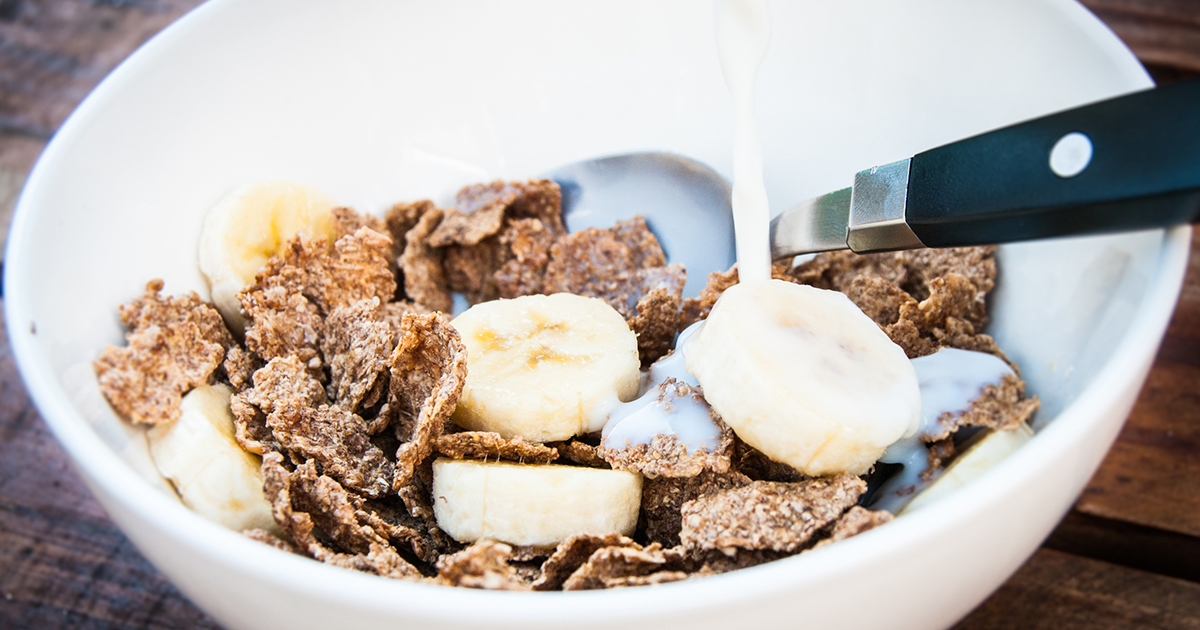
Unfortunately, far too often, 'healthy,' 'whole grain,' or 'smart' cereals are not too different from the sugary cereals on the next shelf over. As a general guideline, most foods with the yellow Whole Grain Stamp contain more calories and sugar than whole-grain foods without the label, according to Harvard University. As a result, individuals should always read the label. A healthy cereal should contain less than ten grams of sugar and five grams of fiber to start.
Bran is an essential component to our diets, and a good cereal should have bran as it is proven to help regulate blood sugar, reduce cholesterol, and contains healthy antioxidants. Manufactured fiber is resistant starch, polydextrose, indigestible dextrins, and inulin, and may not provide the same nutrients as plant-based fibers such as oat bran and wheat.
Next, learn why nut butters are not as great as they're cracked up to be.
Nut Butters

Peanut butter, almond butter, and cashew butter are delicious and creamy. A spoonful of peanut or almond butter is a simple way to add instant protein and healthy fats to a meal, but it can also not be that good to eat. Unfortunately, some nut butters, even those claiming to be organic or natural, contain added sugars or trans fats, which can be harmful as these fats increase low-density lipoprotein (LDL) cholesterol, the bad cholesterol, and decreases high-density lipoprotein (HDL) cholesterol, which is the good kind. Individuals should check the label and ensure the only ingredient in their nut butter is nuts, and even if the nut butter is natural, limit their serving size, as a single tablespoon can be approximately one hundred calories.
Continue on to find out which type of yogurt is most certainly not all that healthy.
Fruit On The Bottom Yogurt

We all know fruit is healthy, and yogurt is healthy, so combined, shouldn't it be a match made in heaven? Unfortunately, this is not necessarily the case, due to the copious amount of fruit-flavored syrup the fruit in fruit on the bottom yogurt is floating in. For instance, a standard six-ounce fruit on the bottom cup contains twenty-nine grams of carbohydrates and twenty-four grams of sugar, which is equivalent to a candy bar. The best thing to do is to buy plain yogurt, preferably Greek, and add fresh fruit to it. It may be more time consuming, but it will not make an individual's blood sugar drop, causing them to feel hungry and crave sugar within a short time frame.
Keep reading to discover why low-fat, fat-free, and sugar-free food products are not all that great.
Low-Fat, Fat-Free, & Sugar-Free Products
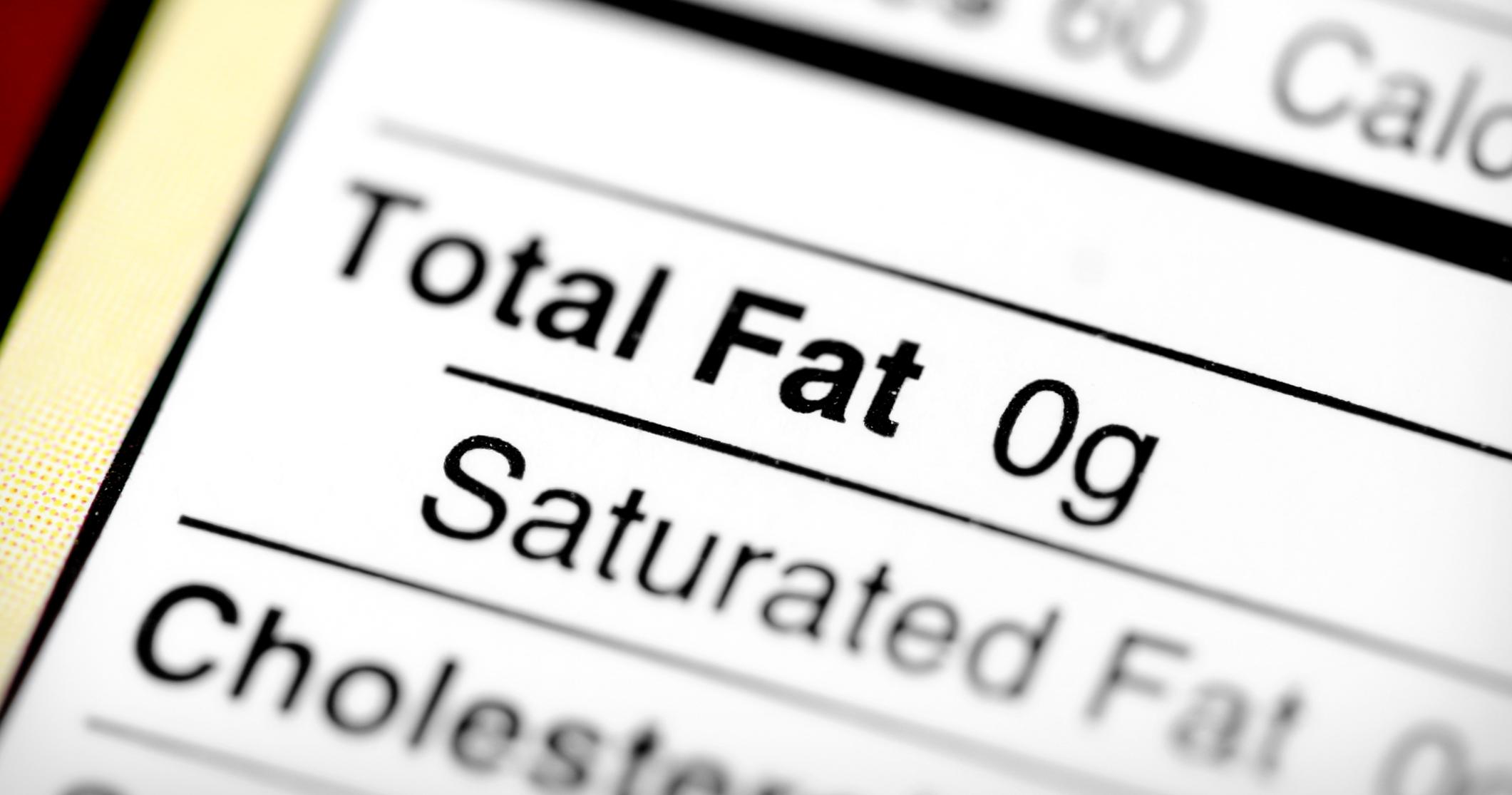
According to a study done in the United Kingdom, products claiming to be low-fat and fat-free can contain up to ten percent more calories and forty percent more sugar than regular food products. Fat is associated with flavor, and therefore, when fat is removed from a product, the flavor is lost. Manufacturers then add additional flavors and sugar to make up for the fat and flavor loss. Some artificial sweeteners can contain aspartame, which is incredibly unhealthy and has been linked to cancer, but some artificial sweeteners can come from natural sources like the agave plant. Individuals should be conscious products claiming they are sugar-free.
Read more about the top nutrition scams to be aware of now.
Salt Is Always Bad
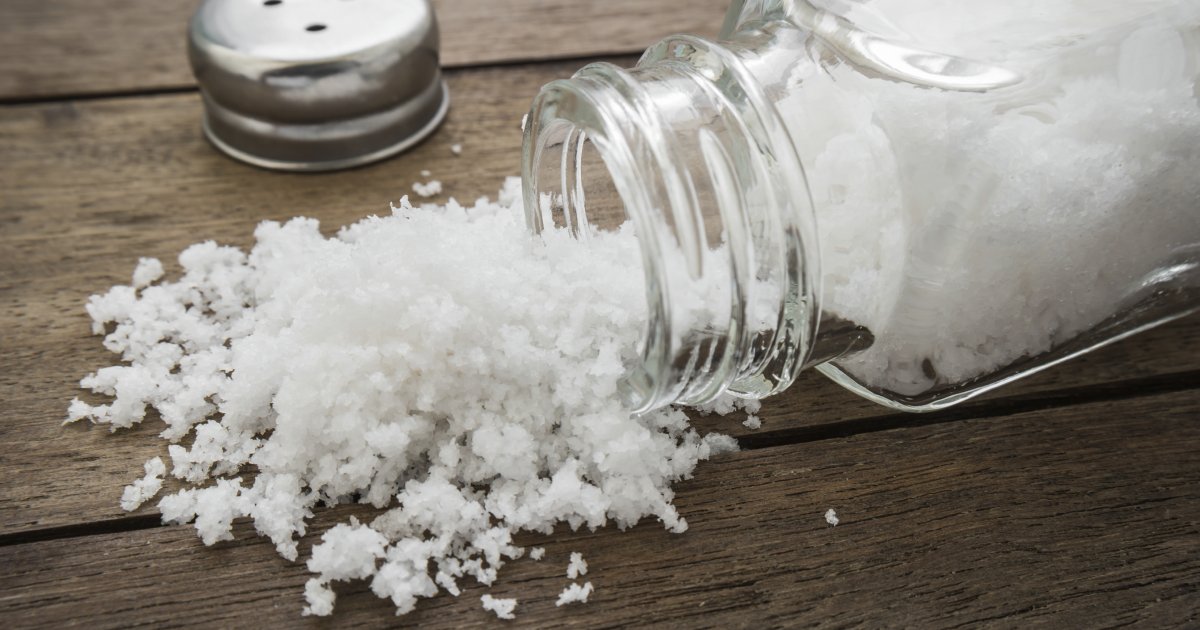
For almost fifty years, major public health organizations have sent the message that salt is always bad. Most individuals tend to associate high salt intake with high blood pressure and an increased risk of cardiovascular disease. However, scientific research conducted over several decades has failed to find a conclusive link between salt intake, hypertension, and heart disease, and numerous studies show consuming insufficient salt may cause health issues. While reducing salt intake does lead to lower blood pressure, the reduction is actually very small for healthy individuals. A 2013 study of subjects with normal blood pressure found that restricting salt reduced systolic blood pressure by only 2.42mmHg, and diastolic readings were reduced by a mere 1.00mmHg.
Large reviews comparing multiple studies have found there is currently no strong evidence to suggest a reduction in salt consumption leads to fewer strokes, heart attacks, or deaths. In fact, several studies have indicated consuming less than three thousand milligrams of sodium each day may increase the risk of death for patients who have cardiovascular disease. Other studies have shown correlations between low-salt diets and an increased risk of death in patients with heart failure and type 2 diabetes. Research suggests restricting salt may increase insulin resistance, and low-salt diets are associated with elevated low-density lipoprotein and triglyceride levels.
Keep reading to dispel more nutrition scams now.
Fresh Is Always More Nutritious Than Frozen
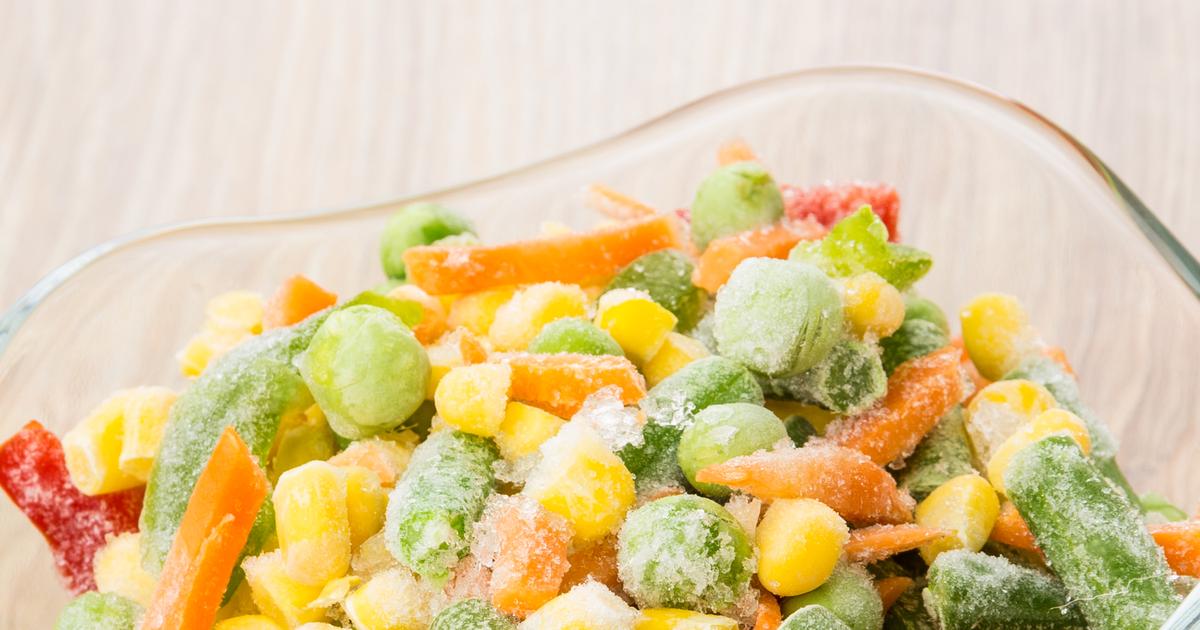
Many individuals have heard fresh is always more nutritious than frozen, especially when it comes to choosing fruits and vegetables. However, recent studies have demonstrated frozen produce contains just as many vitamins and minerals as fresh produce; in some cases, the frozen produce may even be more nutritious than fresh produce. After fruits and vegetables are picked, they begin to lose some of their nutrient content. By the time they make it to the grocery store, most fresh produce is not actually very fresh at all, and it may have a significantly reduced nutrient content as compared to when it was just picked. Produce intended to be sold as fresh is normally picked at a younger growth stage when it is not fully ripe. Although this allows the fresh produce to last longer as it is transported and stored, the fresh fruits and vegetables will naturally contain fewer nutrients since they were picked at an earlier stage. In contrast, fruits and vegetables intended to be frozen are picked at peak ripeness, when they naturally have more nutritional value, and they are then quickly frozen using nitrogen. The nitrogen preserves some nutrients that would normally degrade when exposed to oxygen. Experts now suggest freezing produce is an especially effective way to preserve it, and they recommend that individuals who have purchased fresh produce to consider freezing it if they are not going to consume it within two or three days.
Get more details on serious nutrition scams now.
Everyone Should Detox Regularly

The idea that everyone should detox regularly is increasingly popular in the diet industry. Clients are told detox diets will rid their body of toxins that have accumulated and this will result in weight loss, improved skin, increased energy, and better immune system function. However, medical research has shown detox diets are a myth, and attempting to detox regularly could actually have serious health consequences. According to leading medical professionals, the liver and kidneys naturally excrete toxins, so as long as these organs are healthy, toxins will not accumulate, and a detox diet will not help an individual's liver or kidneys function any better than they already do.
Many detox plans include fasting or consist of consuming only juices for days or weeks. These plans can cause such severe caloric restriction that the body begins to produce ketones, substances that may lead to nausea, weakness, dehydration, and even fainting. Similar plans result in a prolonged lack of protein intake, and this forces the body to break down muscles and may also reduce the function of the immune system. Scientists suggest patients who claim to feel better after completing a detox diet likely feel that way due to consuming fewer sugars and processed foods. Rather than detoxing for a specific period, doctors recommend patients focus on long-term lifestyle changes. For example, patients may wish to try to reduce the amount of sugar, fast food, and packaged foods they eat in general and to start building meals around whole grains, fruits, and vegetables.
Understand more about the major nutrition scams out there now.
Quick Fixes For Diet And Weight Loss
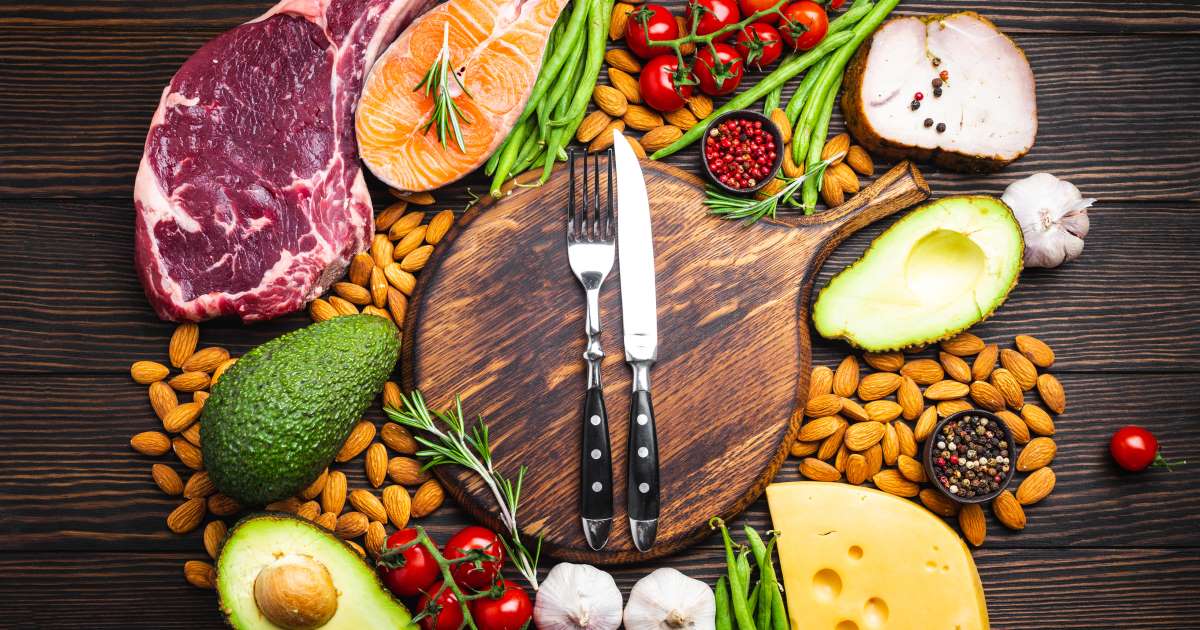
Like detox plans, quick fixes for diet and weight loss are becoming extremely popular. The cabbage soup diet, liquid diets, the master cleanse, and the baby food diet are some examples of these. While quick fixes may entice individuals with the promise of rapid weight loss, studies show most of the weight individuals lose on these diets is regained once the diet is stopped. In addition, the majority of weight lost with juice cleanses is water weight rather than body fat, and studies of patients who followed liquid diets for twenty-eight weeks concluded they engaged in significantly more binge eating than participants who followed conventional diets. Aside from showing quick fixes are largely ineffective, research has even demonstrated certain types of quick fixes could cause adverse health effects. For example, diet pills have been linked to heart and liver damage, and fad diets are often so low in protein that they can cause muscle loss. Instead of relying on a quick solution, anyone looking to lose weight should consult a physician about weight loss programs that would be safe for their needs.
Read more about scams related to nutrition now.
Dietary Supplements Are Always Necessary
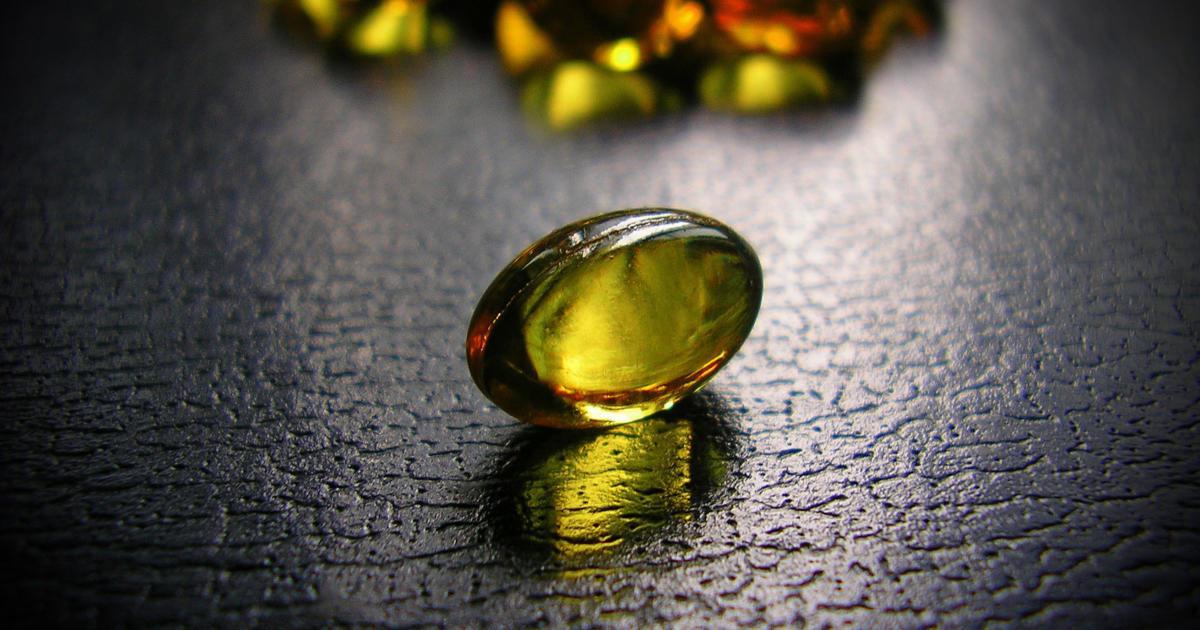
Patients looking to boost their health might believe dietary supplements are always necessary. However, dietary supplements are not regulated or tested for safety or effectiveness, and research shows eating a balanced diet with lots of fruits and vegetables will provide nearly all of the vitamins and minerals the body needs. Studies also suggest vitamins and minerals are more readily absorbed from food than they are from supplements. Many supplements, including iron, may be harmful when taken in large doses, and other supplements on the market might combine different vitamins that are not well absorbed when taken together. Scientists assert vitamin D supplements and vitamin B12 supplements may be beneficial for some patients, including vegans and individuals who do not routinely spend time outdoors, but on the whole, others do not require them. Before taking any supplement, patients should always check with their doctor, particularly if they are already taking prescription medicines, herbal remedies, or other medications.
